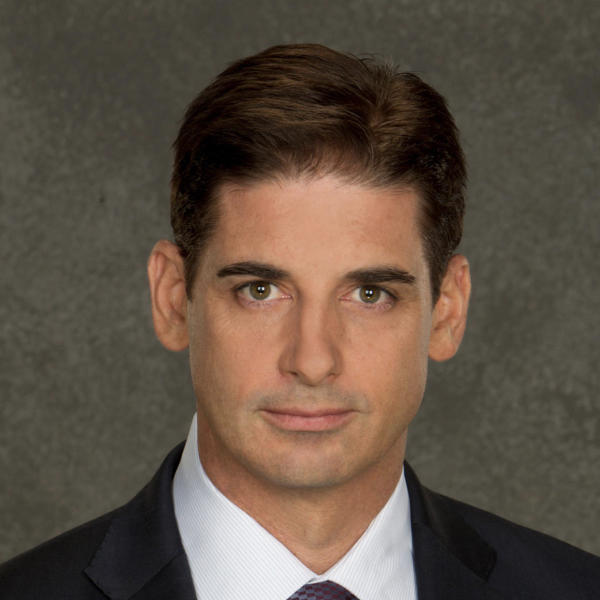Federal firefighters feel the burn of budget cuts
(CBS News) LOS ANGELES - The Colorado fire is just the latest in a series of wildfires across the West that has put an enormous strain on resources. The reach of the sequester extends all the way from Washington, D.C. to the flaming front lines.
Fire season has exploded across the country. So far this year, more than 19,000 wildfires have scorched the equivalent of 700 square miles, forcing thousands out of their homes.
Five firefighters have already died, including 28-year-old Luke Sheehy in northern California. He was killed when a tree fell on him. Sheehy was part of a small, elite team of smoke jumpers who parachute into remote fires.
Firefighters make progress on Colo. wildfire containment
Colorado wildfire scene "like a nuclear bomb went off," sheriff says
Progress against Colorado blaze, but some families left in agony
Crews battling killer Colo. wildfire hold flames in check
"We've had numerous fires already," said firefighter Miguel Martinez. "I foresee a very busy season for us."
Martinez fights fires in California, where the number of wildfires is up 45 percent this year. The reason: unusually dry weather. Nearly half the country is already experiencing moderate to exceptional drought conditions.
"We've seen a significant change for the worse, in terms of how hot fires burn and how quickly they explode," said Tom Harbour, fire chief for the U.S. Forest Service.
But federal firefighters are facing another challenge: a loss $50 million mandated by the budget sequester. That forced the Forest Service to cut 500 firefighters and 50 engines just when they're needed most.
"We're going to have to work harder," said Harbour. "We're gonna face more fire with fewer firefighters."
Adding financial pressure to an unusually dangerous fire season that won't peak until September.
